Surrounded by fans and skeptics, grizzled director J.J. “Jake” Hannaford returns from years abroad in Europe to a changed Hollywood, where he attempts to make his innovative comeback film. This […]
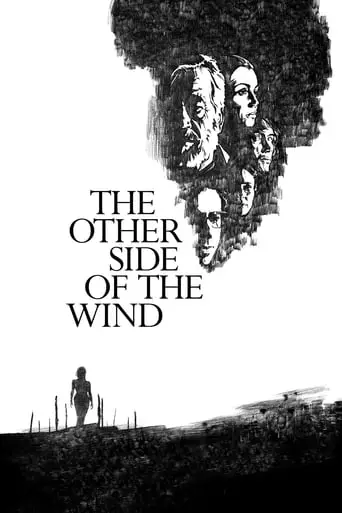
Surrounded by fans and skeptics, grizzled director J.J. “Jake” Hannaford returns from years abroad in Europe to a changed Hollywood, where he attempts to make his innovative comeback film. This […]
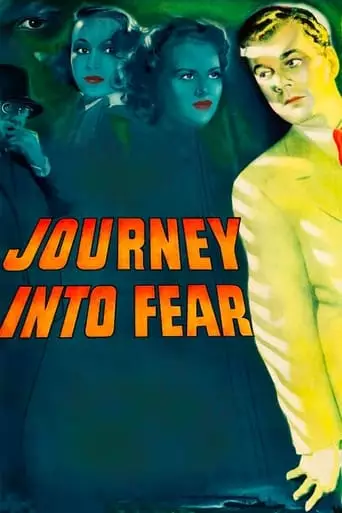
An American ballistics expert in Turkey finds himself targeted by Nazi agents. Safe passage home by ship is arranged for him, but he soon discovers that his pursuers are also […]
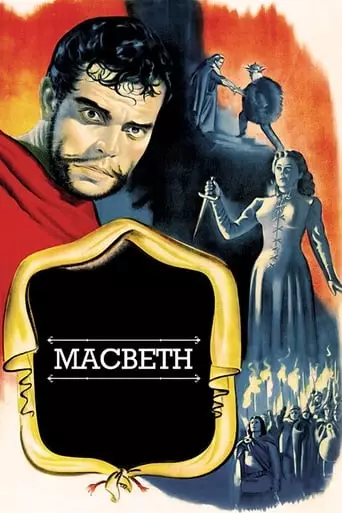
A Scottish warlord and his wife murder their way to a pair of crowns.
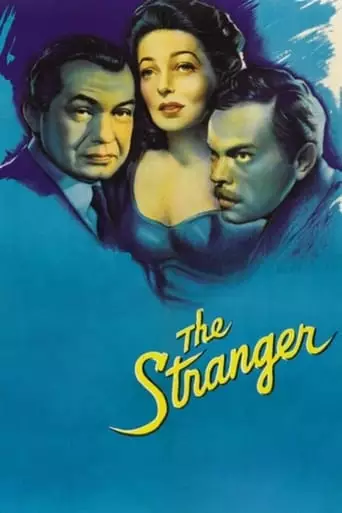
An investigator from the War Crimes Commission travels to Connecticut to find an infamous Nazi, who may be hiding out in a small town in the guise of a distinguished […]
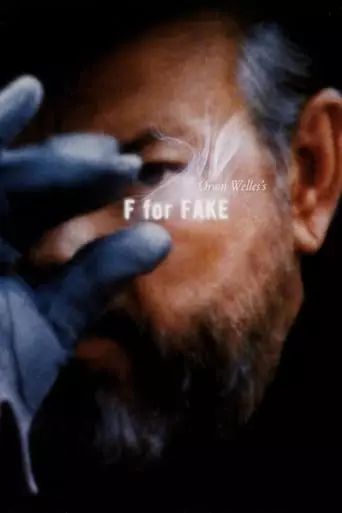
Documents the lives of infamous fakers Elmyr de Hory and Clifford Irving. De Hory, who later committed suicide to avoid more prison time, made his name by selling forged works […]
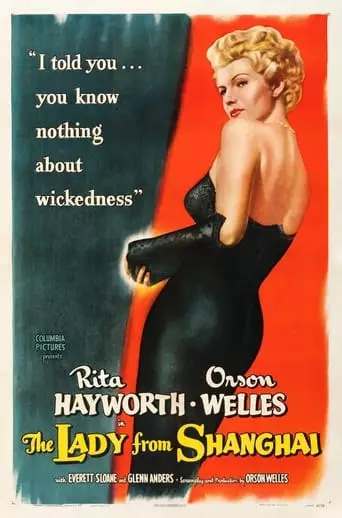
A romantic drifter gets caught between a corrupt tycoon and his voluptuous wife.
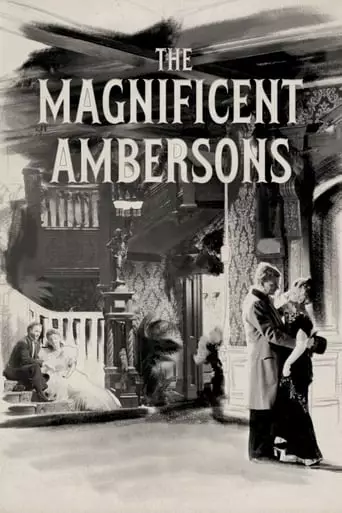
The spoiled young heir to the decaying Amberson fortune comes between his widowed mother and the man she has always loved. The Magnificent Ambersons (1942), directed by Orson Welles, is […]
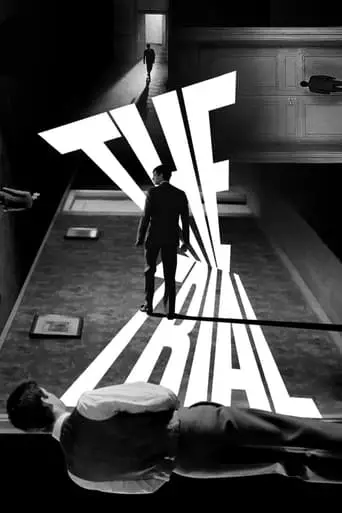
Josef K wakes up in the morning and finds the police in his room. They tell him that he is on trial but nobody tells him what he is accused […]
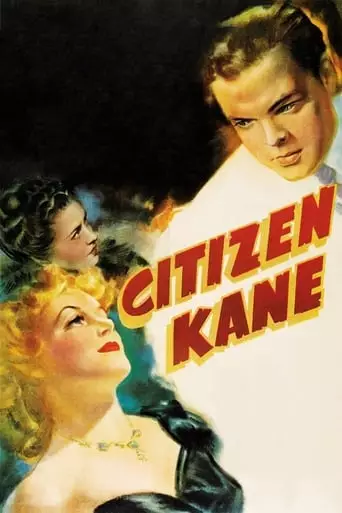
Newspaper magnate, Charles Foster Kane is taken from his mother as a boy and made the ward of a rich industrialist. As a result, every well-meaning, tyrannical or self-destructive move […]
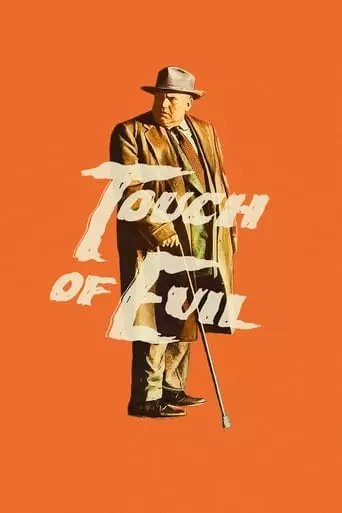
When a car bomb explodes on the American side of the U.S./Mexico border, Mexican drug enforcement agent Miguel Vargas begins his investigation, along with American police captain Hank Quinlan. When […]
Orson Welles: A Cinematic Visionary and Trailblazer
Orson Welles remains one of the most groundbreaking and influential figures in the history of cinema. A director, producer, screenwriter, and actor, Welles is best known for his revolutionary work in film, which redefined the medium and set new standards for storytelling, cinematography, and sound. His legacy is one of unparalleled innovation, but also one marked by struggle against the constraints of Hollywood’s studio system and commercial pressures.
Early Life and Radio Stardom
Born on May 6, 1915, in Kenosha, Wisconsin, Orson Welles was a child prodigy with an early passion for both art and performance. Welles showed an interest in theater and magic from a young age, eventually attending the renowned Todd School in Woodstock, Illinois, where he began honing his skills in acting and directing.
Before entering the world of cinema, Welles made his name in the world of radio. In 1938, he became famous for his radio adaptation of The War of the Worlds, a broadcast so realistic that it caused widespread panic among listeners who believed an actual alien invasion was occurring. This success marked Welles as a force to be reckoned with in the entertainment industry, and his reputation grew rapidly.
Citizen Kane: A Masterpiece of Innovation
Orson Welles’s name is most famously associated with Citizen Kane (1941), widely regarded as one of the greatest films ever made. At the age of 25, Welles wrote, directed, produced, and starred in the film, which would go on to revolutionize the cinematic landscape.
The Story and Themes: Citizen Kane tells the story of Charles Foster Kane, a wealthy and influential newspaper magnate, and his quest for meaning in life, framed through his last word: “Rosebud.” The film explores themes of ambition, loss, and the corrupting nature of power, all of which were deeply innovative for the time.
Revolutionary Cinematography and Editing: The film’s technical achievements are what set it apart from anything that had come before. Welles, working with cinematographer Gregg Toland, utilized deep focus photography, allowing both the foreground and background to remain in focus at the same time. This technique was groundbreaking and helped convey complex narratives visually. Additionally, the film’s non-linear structure and use of flashbacks added a new dimension to storytelling.
Despite being a critical success, Citizen Kane was not a financial hit during its initial release, partly due to its controversial portrayal of real-life media mogul William Randolph Hearst, who used his power to stifle the film’s success.
A Troubled Hollywood Career
After the success of Citizen Kane, Welles faced significant challenges in Hollywood. His groundbreaking work was met with resistance from the studio system, which found his independent approach to filmmaking too unconventional.
Welles’s follow-up films, such as The Magnificent Ambersons (1942), faced interference from the studio. The film was significantly edited without his approval, and Welles’s original cut was lost, leading to a tarnished reputation in Hollywood. Over the years, Welles’s works became known for his battles with the studio system, but his uncompromising vision continued to find expression in the films he managed to complete.
Later Films and European Projects
After being relegated to lower-budget films in Hollywood, Welles moved to Europe, where he could exercise greater control over his projects. While some of these films remained obscure, others would later be hailed as major achievements.
The Stranger (1946): Welles’s film about a Nazi war criminal hiding in a small American town was a modest commercial success and demonstrated his ability to work in a more mainstream genre.
Touch of Evil (1958): Perhaps his most iconic later film, Touch of Evil is a masterclass in noir filmmaking. It features a famous long opening tracking shot and is considered one of the best examples of the genre. Although it faced studio interference, Welles’s direction made it a cult classic.
Chimes at Midnight (1965): A labor of love for Welles, this film blended Shakespeare’s characters and themes into a story centered on Sir John Falstaff. It remains one of his most personal and visually stunning works.
A Legacy of Innovation and Influence
Orson Welles’s influence on the film industry cannot be overstated. His ability to blend deep thematic content with technical mastery set him apart as a true visionary. Many of his techniques—such as his use of deep focus, unconventional editing, and innovative sound design—were revolutionary for their time and continue to influence filmmakers today.
Beyond Citizen Kane, Welles’s impact extended into various aspects of filmmaking, from his acting to his screenwriting. He was one of the first filmmakers to understand the power of sound in film, mastering techniques in Citizen Kane that would later be used by others, such as the overlapping dialogue and the use of ambient sound to create atmosphere. His work in films like The Trial (1962) and F for Fake (1973) continued to explore themes of identity, truth, and deception, which reflected his broader concerns about the nature of cinema itself.
Conclusion
Orson Welles’s cinematic contributions are timeless. Though his career was often marked by conflict with the studio system, his legacy remains defined by his creative audacity, his ability to push the boundaries of cinema, and his dedication to artistic integrity. Despite facing numerous challenges throughout his career, Welles’s work has influenced generations of filmmakers, and his films remain essential viewing for anyone interested in the art of filmmaking.
From the dazzling achievement of Citizen Kane to his later experimental works, Orson Welles’s life and career are a testament to the power of visionary storytelling and an uncompromising quest for artistic freedom.